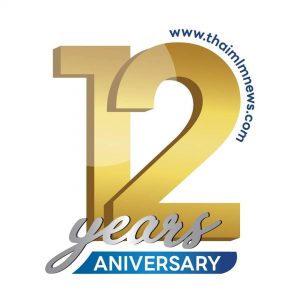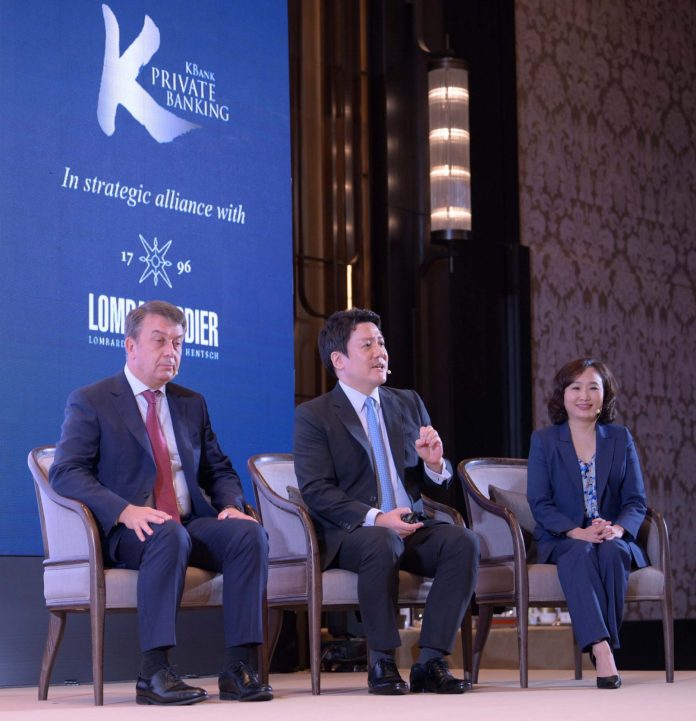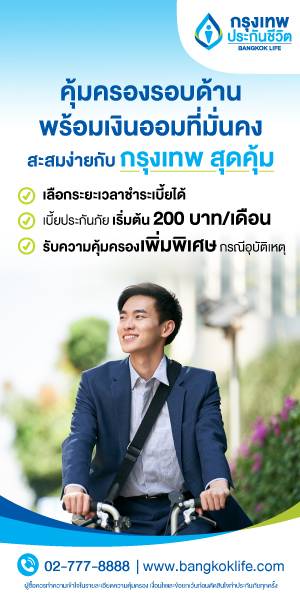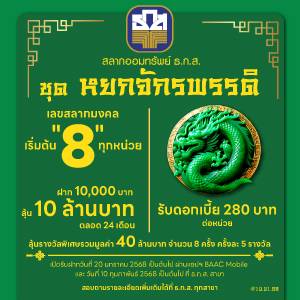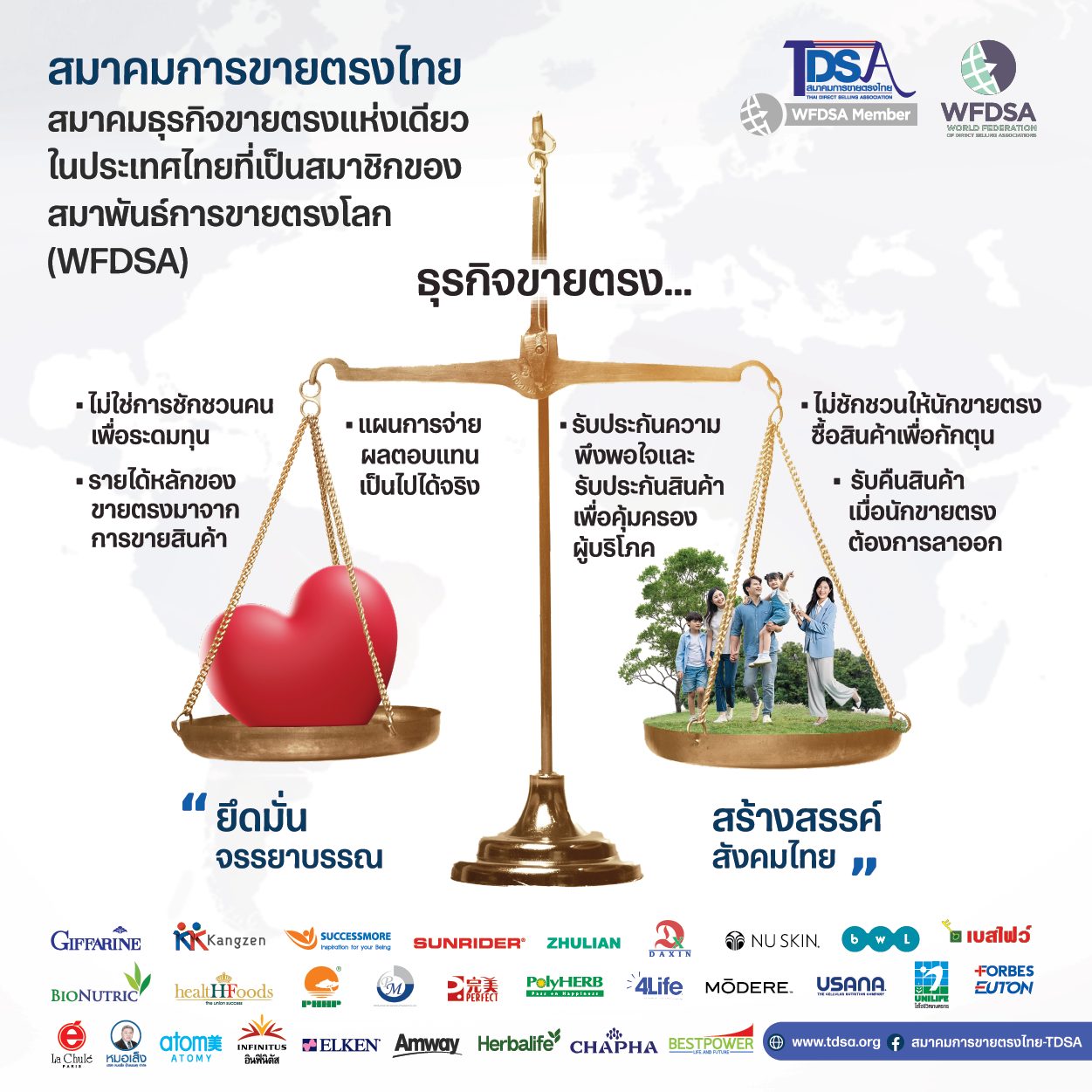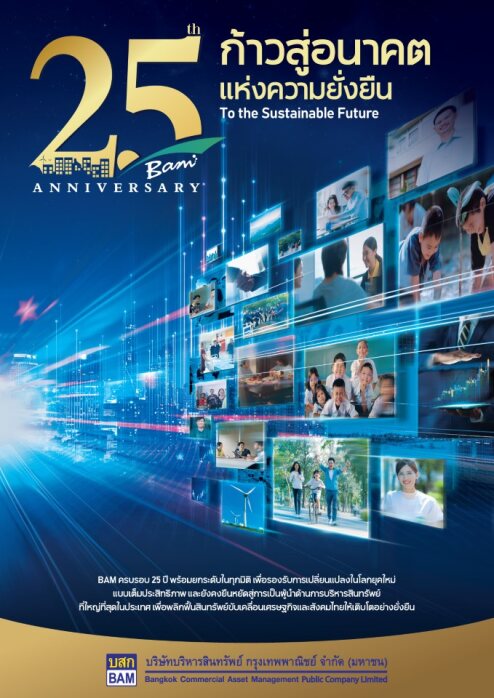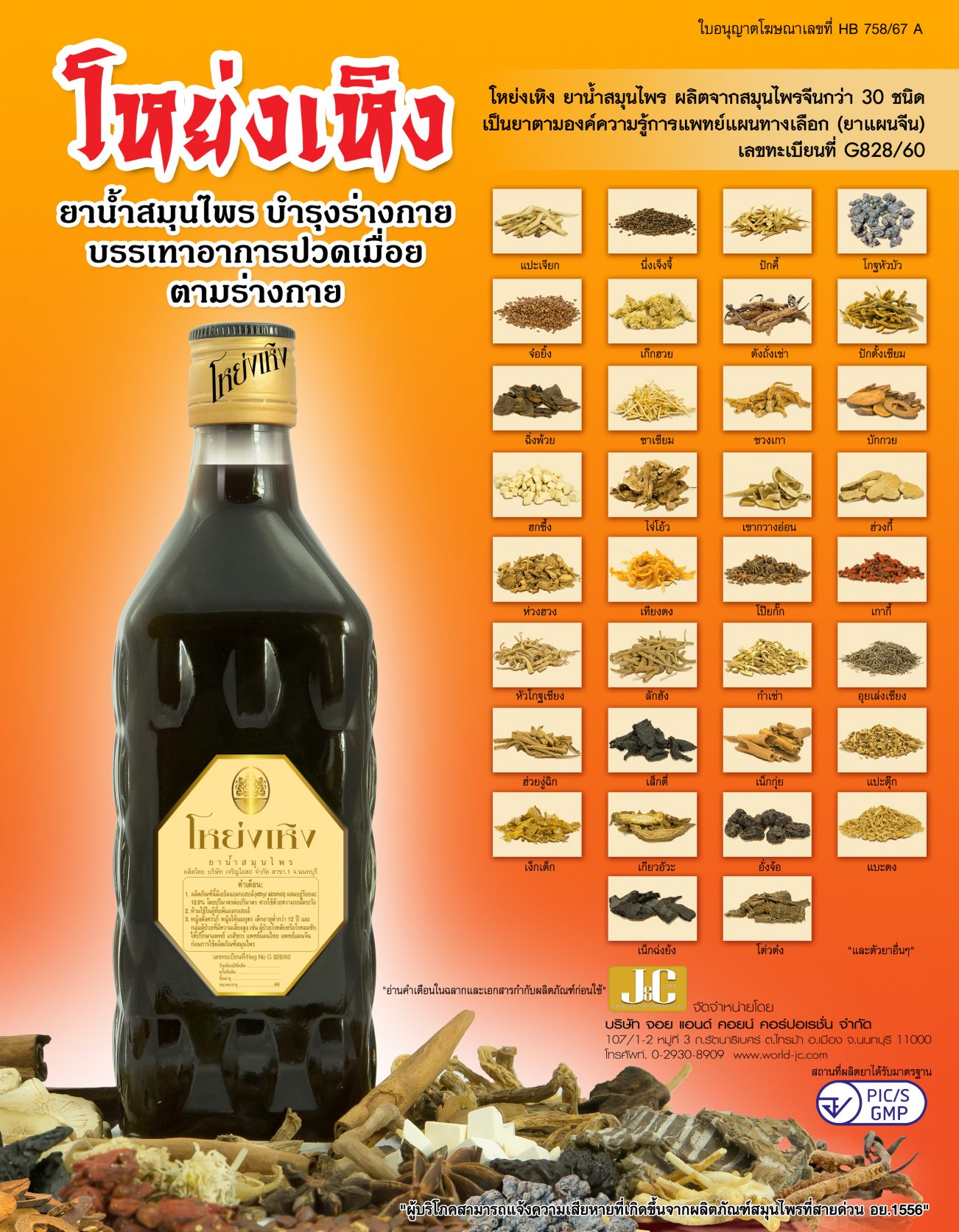KBank Private Banking ร่วมกับ Lombard Odier พันธมิตรทางธุรกิจไพรเวทแบงก์ระดับโลกจากสวิตเซอร์แลนด์ จัดงานสัมมนาในหัวข้อ “2023: A Year of Turning Points” พร้อมประเมินเศรษฐกิจโลกปี 2566 ถดถอยไม่รุนแรง จากภาวะเงินเฟ้อที่เริ่มชะลอตัว วิกฤตพลังงานในยุโรปไม่น่ากังวลตามคาด และปัจจัยบวกจากการเปิดประเทศของจีน แนะกลยุทธ์ปรับพอร์ตรับจุดเปลี่ยนสำคัญของเศรษฐกิจโลก ชูสินทรัพย์ทางเลือกลดความผันผวน พร้อมเพิ่มสัดส่วนการลงทุนในตราสารหนี้ หุ้นโลก หุ้นจีนและเอเชีย และกองทุนผสม ชี้โอกาสการลงทุนในสินทรัพย์เสี่ยงที่กลับมาอีกครั้ง ด้านศูนย์วิจัยกสิกรไทยมองเศรษฐกิจไทยมีแนวโน้มเติบโตในอัตราที่เร่งขึ้นจากปัจจัยหนุนในภาคการท่องเที่ยว แต่ภาคการส่งออกยังเผชิญแรงกดดัน
 นายจิรวัฒน์ สุภรณ์ไพบูลย์ Executive Chairman, Private Banking Group ธนาคารกสิกรไทย เปิดเผยว่า ตลาดทุนในปี 2565 พบกับความท้าทายรอบด้าน โดยสินทรัพย์แทบทุกประเภทต้องเผชิญกับภาวะขาดทุน ในขณะที่ปัจจัยทางเศรษฐกิจที่ส่งผลต่อภาคการลงทุนในช่วงต้นปี 2566 เริ่มส่งสัญญาณเป็นบวก ทั้งภาวะเงินเฟ้อที่มีแนวโน้มปรับตัวลดลงโดยเฉพาะราคาสินค้า แต่ราคาบริการยังคงทรงตัวในระดับสูง จากตลาดแรงงานที่ยังแข็งแกร่ง การขึ้นอัตราดอกเบี้ยนโยบายของธนาคารกลางทั่วโลก โดยเฉพาะสหรัฐอเมริกา เริ่มเข้าใกล้จุดสูงสุด และจะคงดอกเบี้ยในระดับสูงจนถึงช่วงปลายปีนี้ คาดว่าเศรษฐกิจของประเทศพัฒนาแล้วจะเข้าสู่ภาวะชะลอตัว (Slow Down) แต่เศรษฐกิจของประเทศเกิดใหม่มีแนวโน้มแข็งแกร่งกว่า หนุนจากการเปิดประเทศของจีน
นายจิรวัฒน์ สุภรณ์ไพบูลย์ Executive Chairman, Private Banking Group ธนาคารกสิกรไทย เปิดเผยว่า ตลาดทุนในปี 2565 พบกับความท้าทายรอบด้าน โดยสินทรัพย์แทบทุกประเภทต้องเผชิญกับภาวะขาดทุน ในขณะที่ปัจจัยทางเศรษฐกิจที่ส่งผลต่อภาคการลงทุนในช่วงต้นปี 2566 เริ่มส่งสัญญาณเป็นบวก ทั้งภาวะเงินเฟ้อที่มีแนวโน้มปรับตัวลดลงโดยเฉพาะราคาสินค้า แต่ราคาบริการยังคงทรงตัวในระดับสูง จากตลาดแรงงานที่ยังแข็งแกร่ง การขึ้นอัตราดอกเบี้ยนโยบายของธนาคารกลางทั่วโลก โดยเฉพาะสหรัฐอเมริกา เริ่มเข้าใกล้จุดสูงสุด และจะคงดอกเบี้ยในระดับสูงจนถึงช่วงปลายปีนี้ คาดว่าเศรษฐกิจของประเทศพัฒนาแล้วจะเข้าสู่ภาวะชะลอตัว (Slow Down) แต่เศรษฐกิจของประเทศเกิดใหม่มีแนวโน้มแข็งแกร่งกว่า หนุนจากการเปิดประเทศของจีน
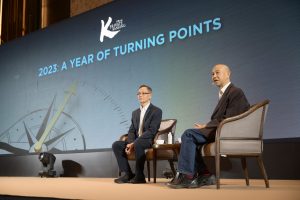 ดร.เชาว์ เก่งชน Executive Chairman บริษัท ศูนย์วิจัยกสิกรไทย จำกัด เปิดเผยว่า เศรษฐกิจไทยมีแนวโน้มฟื้นตัวต่อเนื่อง ล่าสุด ศูนย์วิจัยกสิกรไทยได้ปรับประมาณการเศรษฐกิจไทยปี 2566 ขึ้นมาอยู่ที่ 3.7% เนื่องจากการเปิดประเทศจีนที่เร็วกว่าคาดจะเป็นปัจจัยหนุนสำคัญในภาคการท่องเที่ยว โดยคาดว่าจำนวนนักท่องเที่ยวต่างชาติในปี 2566 อยู่ที่ระดับ 25.5 ล้านคน ในขณะที่ภาคการส่งออกจะยังคงเผชิญกับแรงกดดัน แม้จะได้รับแรงหนุนจากอุปสงค์ในประเทศจีนที่ทยอยกลับมาเป็นปกติ จากสาเหตุการชะลอตัวของเศรษฐกิจโลก และทิศทางการแข็งค่าของเงินบาทตลอดทั้งปีนี้ จึงประเมินว่าภาพรวมการส่งออกไทยอาจยังคงเผชิญกับการหดตัวที่ -0.5%
ดร.เชาว์ เก่งชน Executive Chairman บริษัท ศูนย์วิจัยกสิกรไทย จำกัด เปิดเผยว่า เศรษฐกิจไทยมีแนวโน้มฟื้นตัวต่อเนื่อง ล่าสุด ศูนย์วิจัยกสิกรไทยได้ปรับประมาณการเศรษฐกิจไทยปี 2566 ขึ้นมาอยู่ที่ 3.7% เนื่องจากการเปิดประเทศจีนที่เร็วกว่าคาดจะเป็นปัจจัยหนุนสำคัญในภาคการท่องเที่ยว โดยคาดว่าจำนวนนักท่องเที่ยวต่างชาติในปี 2566 อยู่ที่ระดับ 25.5 ล้านคน ในขณะที่ภาคการส่งออกจะยังคงเผชิญกับแรงกดดัน แม้จะได้รับแรงหนุนจากอุปสงค์ในประเทศจีนที่ทยอยกลับมาเป็นปกติ จากสาเหตุการชะลอตัวของเศรษฐกิจโลก และทิศทางการแข็งค่าของเงินบาทตลอดทั้งปีนี้ จึงประเมินว่าภาพรวมการส่งออกไทยอาจยังคงเผชิญกับการหดตัวที่ -0.5%
สำหรับภาพรวมเศรษฐกิจโลกในปี 2566 Lombard Odier ได้ให้มุมมองว่า เศรษฐกิจโลกจะยังอยู่ในภาวะชะลอตัวจากแรงกดดันจากหลากหลายปัจจัยลบ ก่อนจะเริ่มมีสัญญาณกลับมาฟื้นตัวได้ โดยมี 3 ประเด็นหลัก ดังนี้
ประเด็นแรก คือ ภาวะเงินเฟ้อมีแนวโน้มทยอยลดลง จากการประเมินของ Lombard Odier คาดว่าอัตราเงินเฟ้อได้ผ่านจุดสูงสุดไปแล้ว เนื่องจากราคาพลังงานที่ปรับตัวลดลง อย่างไรก็ตาม เงินเฟ้อที่มาจากภาคบริการยังไม่คลี่คลาย และค่าจ้างแรงงานยังอยู่ในระดับสูง ท่ามกลางตลาดแรงงานที่มีอัตราการว่างงานในระดับต่ำ ทั้งนี้ อัตราการว่างงานต้องสูงขึ้นกว่านี้ เพื่อดึงให้เงินเฟ้อปรับลดลงอีก นอกจากนี้ คาดว่าธนาคารกลางทั่วโลกจะหยุดการขึ้นดอกเบี้ยนโยบายในไตรมาสแรก และจะยังคงตรึงอัตราดอกเบี้ยไว้อยู่ระยะหนึ่ง
ประเด็นที่สอง คือ วิกฤตพลังงานในยุโรป ด้วยสภาพอากาศที่ไม่ได้หนาวจัดในยุโรป ความต้องการใช้พลังงานจึงไม่สูงดังคาด ทำให้แนวโน้มที่จะเกิดวิกฤติด้านพลังงานในฤดูหนาวไม่ได้รุนแรงอย่างที่คาดการณ์ไว้ นอกจากนี้ รัฐบาลในยุโรปยังได้ออกนโยบายเพื่อลดภาระของทั้งภาคครัวเรือนและธุรกิจ โดยคาดว่าตลาดน้ำมันและก๊าซธรรมชาติจะทยอยกลับเข้าสู่จุดสมดุล และได้รับผลกระทบลดลงจากความขัดแย้งระหว่างรัสเซียและยูเครน
ประเด็นที่สาม คือ นโยบายโควิดเป็นศูนย์ของจีน ยอดผู้ป่วยและยอดผู้เสียชีวิตจากโควิด-19 ที่พุ่งสูงขึ้นในจีนภายหลังจากการปรับแผนครั้งใหญ่จากนโยบายโควิดเป็นศูนย์ และเริ่มเปิดประเทศในช่วงต้นเดือนมกราคมที่ผ่านมา อาจส่งผลให้เกิดความผันผวนในกิจกรรมทางเศรษฐกิจในไตรมาสแรกจากจำนวนผู้ติดเชื้อที่เพิ่มขึ้น อย่างไรก็ตาม กิจกรรมทางเศรษฐกิจจะกลับมาขยายตัวในอัตราที่เร่งขึ้น ในขณะที่ธนาคารกลางจีนมีแนวโน้มที่จะดำเนินนโยบายการเงินแบบผ่อนคลาย ด้านรัฐบาลมีแนวโน้มผ่อนปรนกฎระเบียบในการกำกับดูแลภาคธุรกิจ เพื่อลดความเสี่ยง (Downside Risks) จากความผันผวนที่เกิดขึ้นหลังจากได้เปิดประเทศอย่างรวดเร็ว
Lombard Odier จึงได้แนะนำ 10 กลยุทธ์การลงทุนในปี 2566 หลังจากที่อัตราผลตอบแทนพันธบัตรรัฐบาล 10 ปีสหรัฐฯ แตะจุดสูงสุด และจากการที่จีนเปิดประเทศ โดยแบ่งเป็นกลยุทธ์ตามจุดเปลี่ยนในตลาดทุนที่ต้องจับตา ดังนี้
อัตราผลตอบแทนพันธบัตรรัฐบาล (Bond Yield) 10 ปีสหรัฐฯ แตะจุดสูงสุด
1. อัตราเงินเฟ้อที่เริ่มปรับตัวลดลง และนโยบายด้านการเงินที่เข้มงวดในประเทศพัฒนาแล้วท่ามกลางเศรษฐกิจ ซบเซาเป็นสถานการณ์ที่ยังไม่เอื้อต่อสินทรัพย์เสี่ยง
2. การลงทุนในสินทรัพย์เสี่ยงยังคงต้องทำอย่างระมัดระวัง โดยเลือกเฉพาะสินทรัพย์ที่สามารถสร้างผลตอบแทน ได้ดีในช่วงเศรษฐกิจชะลอตัวและอัตราดอกเบี้ยขาขึ้น
3. พันธบัตรรัฐบาลและหุ้นกู้เอกชนที่มีอันดับความน่าเชื่อถือสูงเริ่มมีผลตอบแทนที่น่าสนใจ
ค่าเงินดอลลาร์สหรัฐฯ แตะจุดสูงสุด
4. กระจายการลงทุนในสินทรัพย์ที่มีคุณภาพในหลากหลายประเภทสินทรัพย์ เช่น หุ้นบริษัทที่มีความสามารถในการปกป้องอัตรากำไร (Margin) และได้รับอานิสงส์จากการเปิดประเทศของจีน
5. กำไรต่อหุ้น (Earnings per share) มีแนวโน้มลดลง จากต้นทุนการผลิตที่พุ่งสูง และกำลังซื้อผู้บริโภคที่ลดลง
6. ตลาดเกิดใหม่ที่ได้รับจากอานิสงส์จากการเปิดประเทศของจีนมีแนวโน้มกลับมาฟื้นตัว หลังจากที่เฟดมีการปรับนโยบาย อย่างไรก็ตามต้องอาศัยภาวะเปิดรับความเสี่ยงของนักลงทุนทั่วโลกด้วย
เศรษฐกิจเข้าสู่ภาวะถดถอย
7. กระจายลงทุนในสินทรัพย์ทางเลือก อย่าง Hedge Fund ที่สามารถสร้างผลตอบแทนได้ทั้งในตลาดขาขึ้นและ ขาลง เนื่องจากความผันผวนและความกังวลด้านภูมิรัฐศาสตร์ยังอยู่ในระดับสูง
8. ดอลลาร์สหรัฐฯ มีแนวโน้มอ่อนค่าลง
9. หุ้นกู้เอกชนผลตอบแทนสูง (High Yield) จะกลับมาน่าสนใจอีกครั้ง หลังจากที่บรรยากาศโดยรวมในการลงทุนดีขึ้น สินทรัพย์เสี่ยงจะกลับมาเป็นที่ต้องการเพิ่มขึ้น
เริ่มต้นการปรับลดอัตราดอกเบี้ยนโยบาย
10. ทองคำมีความน่าสนใจมากขึ้น จากอัตราดอกเบี้ยที่ลดลง ค่าเงินดอลลาร์สหรัฐฯ อ่อนค่า และการเปิดประเทศของจีน
นายจิรวัฒน์ กล่าวในตอนท้ายว่า เพื่อรับมือกับหลากหลายจุดเปลี่ยนต้องจับตาในปีนี้ ธนาคารแนะนำให้นักลงทุนเข้าลงทุนเพิ่มเพื่อเพิ่มโอกาสสร้างผลตอบแทน ผ่านการลงทุนในสินทรัพย์ทางเลือก เช่น Hedge Funds และสินทรัพย์นอกตลาด ควบคู่กับการกลับมาเพิ่มน้ำหนักการลงทุนในตราสารหนี้ หุ้นโลก ในธีม Winner of the New Economy หุ้นจีนและเอเชียในธีม The Rise of China and Asia และกองทุนด้านความยั่งยืน รวมทั้งกองทุนผสมอย่าง K-ALLROAD Series* เพื่อช่วยลดความเสี่ยงโดยรวมของพอร์ต
สำหรับผู้ที่สนใจรายละเอียดเพิ่มเติม สามารถคลิกรับชมงานสัมมนา “เจาะทิศทางลงทุนท่ามกลางจุดเปลี่ยนของโลก (2023: A Year of Turning Points)” ได้ที่ KBank Private Banking YouTube Channel https://www.youtube.com/c/KBankPrivateBanking
หมายเหตุ: ตำแหน่งผู้บริหารเขียนทับศัพท์ภาษาไทย
นายจิรวัฒน์ สุภรณ์ไพบูลย์ เอ็กซ์เซกคูทีฟ แชร์แมน ไพรเวท แบงกิ้ง กรุ๊ป ธนาคารกสิกรไทย
ดร.เชาว์ เก่งชน เอ็กซ์เซกคูทีฟ แชร์แมน บริษัท ศูนย์วิจัยกสิกรไทย จำกัด
* กองทุน K-ALLROAD Series กองทุนรวมสำหรับผู้ลงทุนสถาบันและผู้ลงทุนรายใหญ่พิเศษ
KBank Private Banking and Lombard Odier identifies key turning points for 2023 as global economy likely to head for a mild recession
Recommending increasing investments in fixed-income, global and China equities, and risk diversifcation through alternative assets
KBank Private Banking, in strategic alliance with Lombard Odier, Switzerland-based global private bank, estimates 2023 global economy to undergo a mild recession due to signs of disinflation, lowered risks around Europe’s energy crisis, and benefits from China reopening. At the seminar “2023: A Year of Turning Points”, KBank Private Banking recommends investment strategies in response to major events in the global economy: minimizing portfolio volatility through alternative assets and increasing investments in fixed-income, global, China and Asia equities, and mixed funds as risk assets set to become more attractive. KResearch expects Thai economy growth to accelerate from drivers in tourism while the export sector still faces pressure.
Mr. Jirawat Supornpaibul, Executive Chairman, Private Banking Group, KASIKORNBANK, said, “The investment landscape in 2022 was highly challenging due to the depreciation of almost all asset classes. However, economic conditions in the early 2023 have been beneficial for investment so far, from gradual disflation in goods despite service prices remaining high from the tight labour market, and policy interest rates of global central banks – particularly the US – close to reaching their peaks and likely stay at an elevated level throughout 2023. We expect the economies of developed countries to enter a Slow Down while emerging markets are likely to be boosted by China reopening.”
Dr. Charl Kengchon, Executive Chairman of Kasikorn Research Center, added, “With Thailand’s economy continuing to regain recovery, KResearch has upgraded its 2023 GDP growth projection to 3.7 percent, owing to an upswing in the toursim sector as China reopened the country sooner than previously forecast. According to the latest estimation, international tourist arrivals are likely to reach 25.5 millions. Exports, however, remain under pressure from a slow global economy and a strong baht, which is expected to persist throughout the year. Thailand’s exports, therefore, are projected to contract by 0.5%.”
As for the global economy in 2023, Lombard Odier expects continuous pressures from various negative factors before the recovery can materialize, with three key takeaways as follows:
1. Inflation has started its descent but central banks will remain restrictive for a while
• Inflation has peaked and is rolling over thanks to falling energy costs.
• Service inflation remains elevated and related to the strength of labour markets.
• Central banks should stop hiking in Q1’2023 but refrain from cutting rates for an extended period of time.
2. Europe & energy driven supply shock
• The prospect of a full-blown energy crisis this winter has become less likely. We see little risk of shortages.
• On top of the benefits of a warm winter so far, European governments have taken measures to mitigate the impact on households and corporates.
• New equilibrium in natural gas and oil markets reduces the impact of military developments in Ukraine.
3. China & zero Covid policy
• Spiking cases and fatalities should create volatility in economic activities as consumers adjust to the novelty of high infection environment.
• Activities to accelerate on a faster timeline than our initial expectation, after volatility in Q1 due to COVID waves.
• Government leaning on dovish monetary policy and industry deregulation to address downside risks from initial turmoil related to the rapid re opening process.
Given the recent peak in US 10-year real yield and China reopening, Lombard Odier shared their ten investment convictions for 2023 based on major turning points to watch as follows:
Peak in 10-year real yield
1. Inflation has started to roll over. Monetary policy tightening in the western world, amid a global downturn in economic activity, translates into an unfavorable set up for risk assets.
2. Macro conditions warrant a cautions exposure to risk assets focusing on assets that can better withstand the impact of weaker growth or higher rates.
3. Sovereign and high-quality corporate returns look promising in 2023.
Peak in US dollar
4. We prefer quality and diversification across asset classes. We look for quality companies with ability to defend their margins and exposed to China reopening.
5. Earnings per share (EPS) will be revised downwards as margins squeeze due to elevated input costs and reduced customer buying power.
6. Emerging markets will be boosted by China Reopening. After a Fed pivot, we expect emerging assets to rebound. However, a shift in sentiment and growth dynamics is needed.
Recession
7. Given current volatility levels and upcoming geopolitical concerns, we recommend asymmetric return profiles.
8. Global growth and real yield models have turned for weaker USD in 2023
9. High yield credit will become increasingly attractive as investor sentiment improves, appetite for risk assets will increase.
Start of rate cuts
10. With lower rates, a weaker US dollar, and China reopening, gold prices should rise.
Mr. Jirawat concluded that, “In response to key turning points of this year’s global economy, we recommend clients to expand return opportunities through alternative assets, such as hedge funds and private assets, and increase investments in fixed-income, global equities under the theme Winner of the New Economy, China and Asia equities under the theme The Rise of China and Asia, as well as sustainability funds and mixed funds, namely K-ALLROAD Series* to minimize portfolio risks.”
To learn more about 2023 economic and investment outlook, please view the seminar “2023: A Year of Turning Points” at KBank Private Banking YouTube Channel: https://www.youtube.com/c/KBankPrivateBanking.
*K-ALLROAD Series – a mutual fund for institutional and high-net-worth investors only


